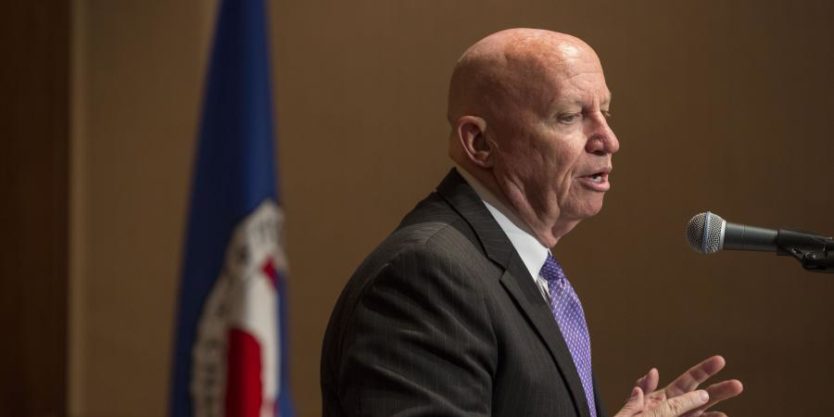As a follow up to the first House Ways and Means hearing held on tax extenders, House members, in an off the record session, discussed some of the expired tax credits. Several were energy-related.
This is part of the House’s process to finally make a choice between permanence in the tax code, or removal of the tax code for expired tax credits. They don’t see a middle ground, where certain credits can help nascent American industries grow, thereby creating more American jobs.
The House maintains a very black and white view of tax provisions. On the other hand, the Senate tax writers see a much more nuanced way to structure the tax code, a “shared pain, shared gain” approach.
Preferential tax treatment may be worth a federal subsidy for a few years. Just not forever. The Senate has held this opinion for decades. And we are not expecting the Senate to alter that opinion. There is support for all the credits and the Senate likes to keep them together in a package.
Ways and Means Chairman Brady has been quoted as wanting to take five tax credit provisions and make them permanent, while jettisoning the rest.
It is unclear if they are five of the current 30 odd provisions or some amalgamation of several roped together. This is the biggest interest we have seen the House take on these provisions.
In many ways, it gives supporters of these provisions a chance to stand up and explain their provisions. That should be seen as a great opportunity. The flip side is that the explanations may not make a difference.
If the House has it in their heads that a certain ‘number’ of credits are worthy, without regard to the substance and support for those credits, then these credits could be in jeopardy. Meaning American jobs could be in jeopardy.
For more tax policy insights and analysis, subscribe to the Tax Policy Update.

